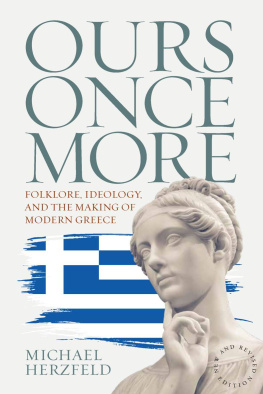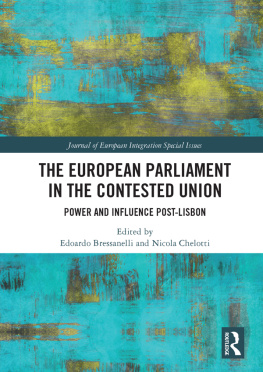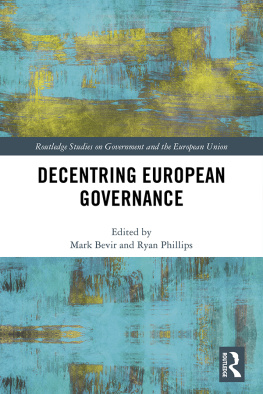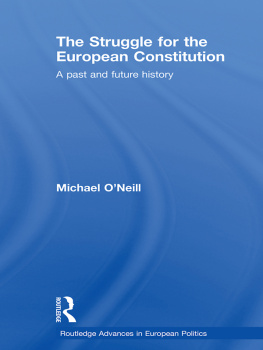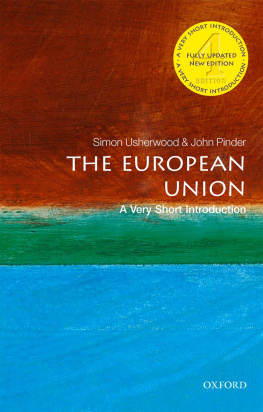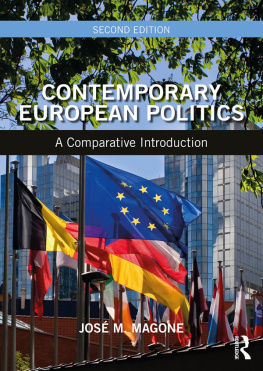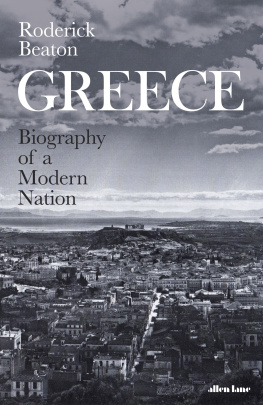First edition published in 1982 by
University of Texas Press
Revised edition published in 2020 by
Berghahn Books
Revised edition 2020 Michael Herzfeld
All rights reserved. Except for the quotation of short passages for the purposes of criticism and review, no part of this book may be reproduced in any form or by any means, electronic or mechanical, including photocopying, recording, or any information storage and retrieval system now known or to be invented, without written permission of the publisher.
Library of Congress Cataloging-in-Publication Data
Names: Herzfeld, Michael, 1947 author.
Title: Ours once more : folklore, ideology, and the making of modern Greece / Michael Herzfeld.
Description: Revised edition. | New York : Berghahn, 2020. | Includes bibliographical references and index.
Identifiers: LCCN 2019050983 (print) | LCCN 2019050984 (ebook) | ISBN 9781789207323 (hardback) | ISBN 9781789207224 (paperback) | ISBN 9781789207231 (ebook)
Subjects: LCSH: Folklore and nationalismGreece. | National characteristics, Greek.
Classification: LCC GR170 .H47 2020 (print) | LCC GR170 (ebook) | DDC 398.209495dc23
LC record available at https://lccn.loc.gov/2019050983
LC ebook record available at https://lccn.loc.gov/2019050984
British Library Cataloguing in Publication Data
A catalogue record for this book is available from the British Library
ISBN 978-1-78920-732-3 hardback
ISBN 978-1-78920-722-4 paperback
ISBN 978-1-78920-723-1 ebook
Preface to the First Edition
G reece today confronts the visitor with a series of startling contrasts. The ruins and hints of the Classical past mix with the bustle of modern urban life, the warm hospitality with a sometimes overt suspicion of foreigners, the paraphernalia of a functioning national bureaucracy with the omnipresent evidence of patronage and favor trading. Like the early nineteenth-century philhellene, the present-day visitor may arrive in a haze of romantic expectations, only to be thwarted by the importunities of ordinary experience. Generations of travelers have arrived with their baggage of preconceptions about who and what the Greeks were, and many of them soon began to blame the Greeks for failing to fit these uncompromising images. Perhaps the most offensive aspect of this one-sided, soured philhellenism is the insidious conviction that Greeks generally lack any capacity for individual or collective self-criticism.
Yet the reason for these observers misapprehension seems clear enough: the Greeks see little reason to share their sense of personal and national short-coming with carping outsiders. Were these critics only privileged to hear the endless agonizing over what one local writer has dubbed the misery of being Greek (Dimou n.d.), they might reverse their judgment entirely. The point is, however, that they do not hear such thingsnot necessarily because they are bent on deliberate misrepresentation but often because they are predisposed to find a very different Greece and because their hosts know this very well.
Indeed, for the Greeks, the persistence of the Classical image in the West poses a painful dilemma: how far should they consciously try to live up to it? There are, after all, two competing views of Greece. One, built from the accumulated materials of European Classical scholarship, looks out beyond the national borders and appeals to those who have championed the Greek cause abroad or yoked it to the service of elitist interests. The other involves reflexive knowledgea self-portrait that does not always flatter, a Greeks understanding of what it means in practice to be Greek. This second view is an introverted one: visitors may share some parts of it only by taking the Greeks literally on their own terms. Otherwise, were the visitors to insist on the old preconceptions as the price of their sympathy and support, the Greeks would presumably try to disabuse them of such notions only if the foreigners support had ceased to matter or even to be particularly desirable.
Here, then, is the crux of the matter: we are dealing less with questions of fact (since both images have some claim to a factual basis) than with ideological formulations. Both images, the externally directed and the introverted, are constructions of history and culture, and both have become distinct idioms in the effort to delineate a national identity. Each is predicated on certain presuppositions about what makes a correct assessment or, in other words, on its own criteria of relevance. The supporters of the extroverted model, for example, point to the survival of linguistic and social traits from the Classical era, while their opponents are more likely to dwell on the traces of Turkish values in everyday Greek life. This is not a distinction between ideal and real so much as a contrast between two realities, two notions of what matters in the attempt to define Greekness. All descriptions are saturated with presuppositions about what is relevant. To understand the clash of national images is thus to probe each aspect of these descriptionsethnographic, linguistic, historic, literaryas we receive it, without any imputation of bad faith to the respective authors; it is to identify, not deride, the criteria that shaped both images in their sharply differentiated ways. The central theme of this book, then, is an examination both of the ways in which a sense of national identity was constructed in the young Greek nation-state and, more particularly, of the influence of competing ideologies on the selection of relevant ethnological materials. It is thus a history of history as well as an ethnography of culture theory.
This book also represents its authors shifting personal focus. No scholar can seriously claim to understand the culture of an entire nation in all its complexity. A gentler observation, however, may help put the present work in its proper perspective. I have lived Greece, as the Greeks themselves express it, and have experienced both the novices blend of romanticism and bafflement and the later, more reflective curiosity about the conflict of perspectives. As the latter concern became dominant, I tried to gain sharper insight from the many opportunities that came my way. First of all, there are the many Greek friendsurban and rural, scholarly and laywho responded so generously to my persistent peering and prying. Then, there are the many teachers who guided me at all stages of my constantly intensifying interest in Greek culture. Not least among these were the several teachers of my adolescent years at Dulwich College, who first awakened that interest both through instruction in the Classical languages and literatures and through extracurricular activities that included a richly provocative visit to Greece. Among their successors, I would particularly like to mention the late David L. Clarke, restless critic of taxonomic systems in archaeology and related fields; the late George K. Spiridakis, who supervised my first lengthy acquaintance with academic folklore in Greece; Margaret B. Alexiou, sensitive guide to the literary context of medieval and modern Greek; Ravindra K. Jain, with his knack of constantly asking crucial questions and his infectious commitment to the anthropological study of oral tradition; and J. K. Campbell, whose guidance provided a royal road into the intricacies of Greek ethnography.

